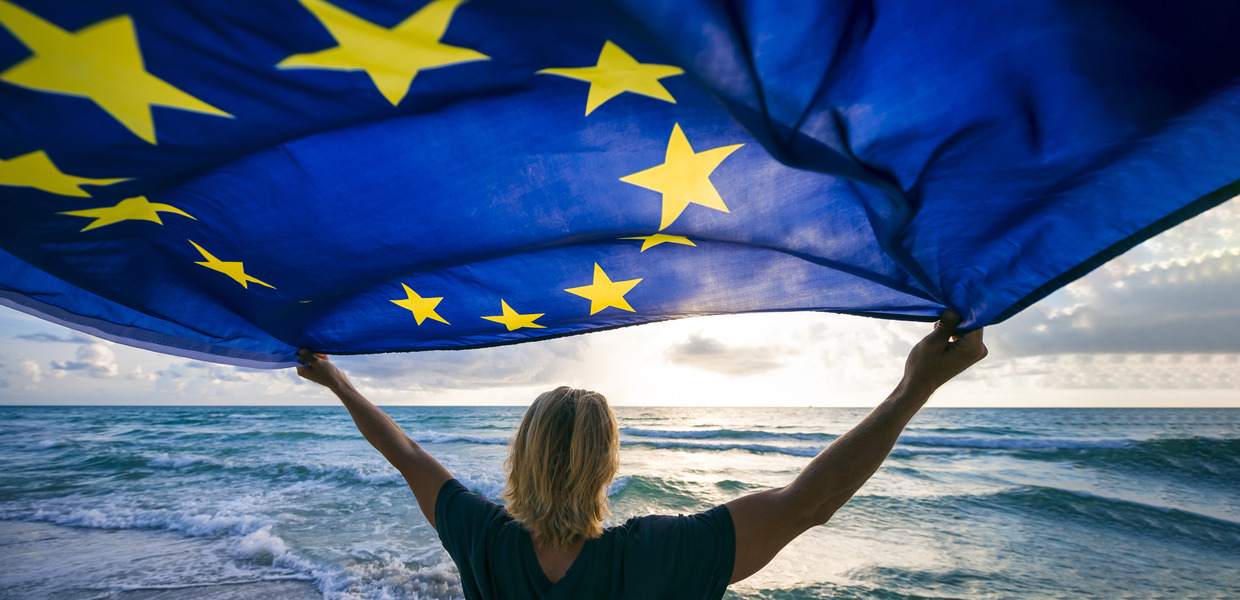In an online editorial, Christian Kastrop, director of the Bertelsmann Stiftung's Europe's Future program, and Thomas Wieser, long-time chairman of the preparatory committee of the European Council of Economic and Finance Ministers and the Eurogroup, argue that the Corona crisis provides an example of how the European Union must change to survive in the 21st century.
"United or divided?" the authors ask in the editorial published on the Easter weekend (only available in German). In fact, many European governments reacted to the current crisis on a purely national level - protective masks were withheld by customs, borders closed, important supply chains interrupted. Yet it is precisely in this situation that European solidarity would be urgently needed to guarantee Europe's citizens the best possible protection.
Evidently, there are aspects of public health policy that would have to be coordinated and organised at European level - although the EU currently lacks the power to do so, as health policy is an exclusive competence of the Member States. This lack of capacity to act must be attested to the EU not only in this policy field. In other policy areas, such as the rule of law, foreign policy and migration policy, the EU has in recent years shown itself to be either politically unwilling or in fact unable to act decisively at European level within the framework of the existing European institutions and decision-making structures.
The current crisis makes it clear that the EU needs a new impetus to focus action at European level and thus make it more efficient. The Bertelsmann Stiftung is developing this impetus together with a Reflection Group on European Public Goods, which brings together politicians, representatives of the European Union and independent experts several times a year. While respecting the principle of subsidiarity, the focus on key European public goods is intended to be directed to those areas where joint and decisive European action will generate clear added value for member states and citizens - as is now the case in the pandemic. At the next meeting, which will take place on 14 May and, in view of the current situation, online, the focus will be on the resilience of the euro area and the common European migration policy, in addition to Corona.




